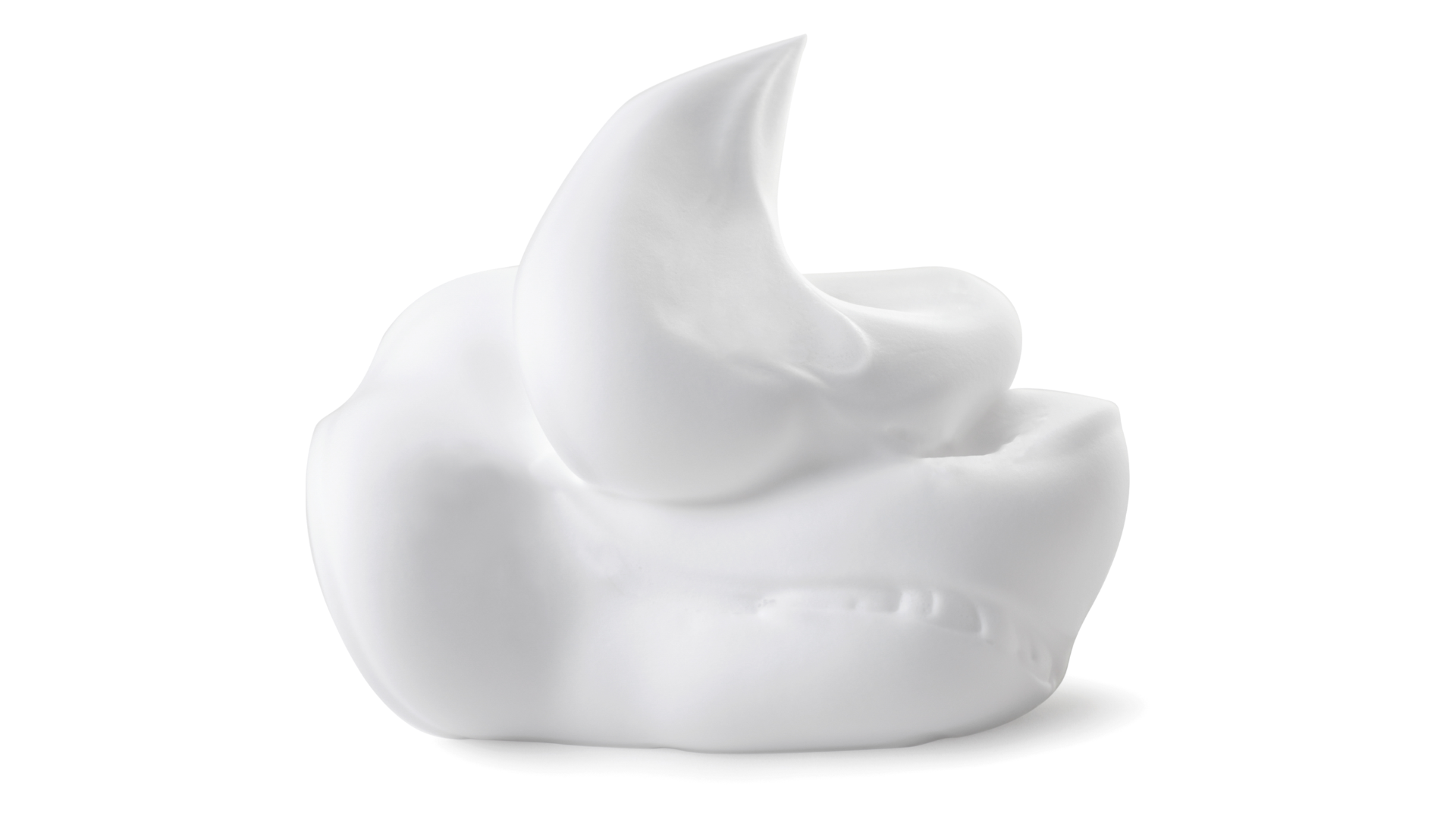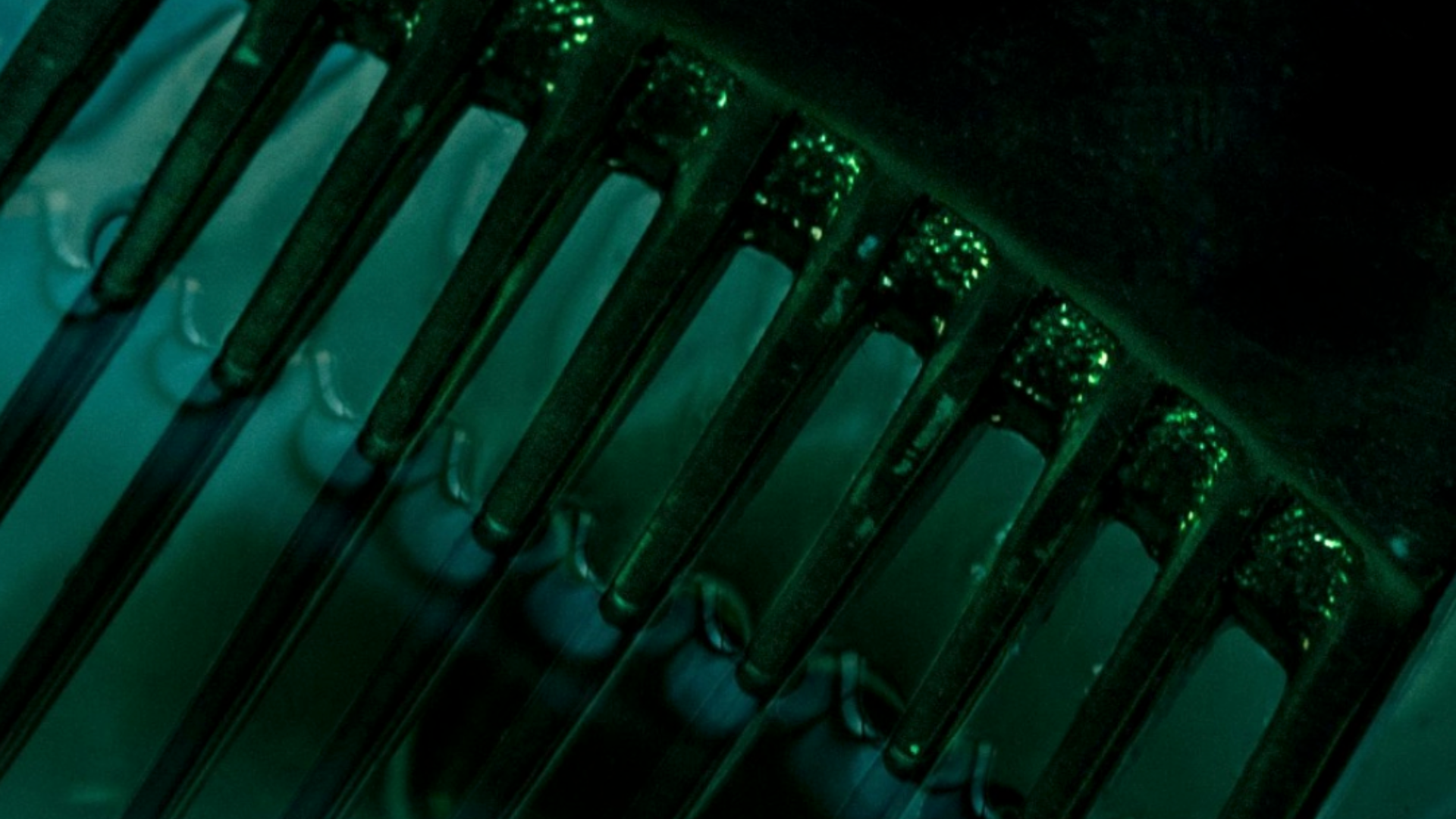Can probiotics help with hair loss?
“It’s a question I’m asked often—can probiotics really make a difference when it comes to hair loss?”
The answer, as with most things in functional health, is yes—but with caveats.

Probiotics can play a supportive role in modulating inflammation and improving the internal environment that supports hair growth, but they are not a standalone solution.
What often gets overlooked is that each person’s microbiome is highly individual—like a fingerprint. There is no universal strain that works for everyone. The goal isn’t to populate your gut with new bacteria and hope they stay. The goal is to support and stabilise your own native microbial community.
Short-term use of probiotics can be helpful, especially in the presence of dysbiosis or after antibiotic use. They can temporarily crowd out opportunistic or inflammatory microbes, reduce intestinal permeability, and create favourable conditions for better immune regulation. In that sense, they can be useful for clients with inflammatory-driven hair loss conditions like seborrheic dermatitis, alopecia areata, or chronic telogen effluvium linked to gut dysfunction.

But long-term resilience depends far more on the terrain than the visitors.
Without adequate dietary fibre—specifically prebiotic fibres like inulin, pectin, galacto-oligosaccharides, or resistant starch—probiotics are unlikely to colonise or exert lasting benefits. It’s the equivalent of scattering wildflower seeds on concrete. You need the right soil.

That’s why, in my practice, I place far more emphasis on what you feed your microbes than which strains you swallow. When the gut is supported with diverse, fibre-rich foods, beneficial bacteria flourish. They produce short-chain fatty acids like butyrate, which reduce inflammation, improve nutrient absorption, and support the gut–liver–scalp axis.
So can probiotics help with hair loss? They can assist. They can guide. But they must be part of a bigger system—one that prioritises gut diversity, nutrient repletion, and immune regulation.
Start with the foundations: food, fibre, and clinical context. Then, and only then, consider probiotics as a tool—not a fix.




